Crypto Wiki
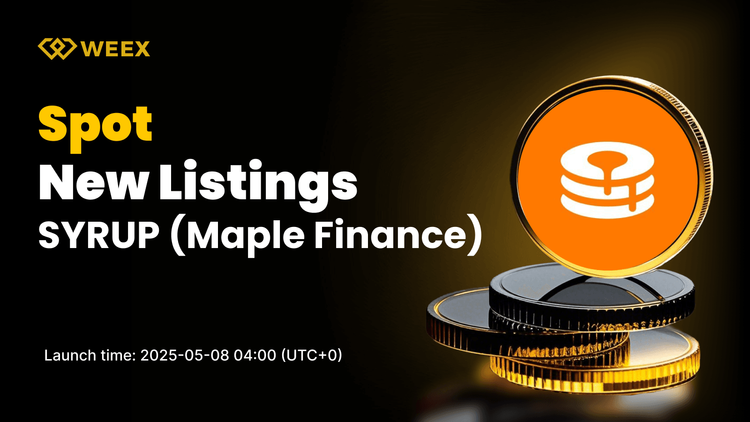
Maple Finance (SYRUP) to List on WEEX Spot with SYRUP USDT Trading Pair
WEEX is set to list Maple Finance (SYRUP) on its Spot Market, introducing the SYRUP USDT trading pair. This addition will provide traders with access to SYRUP, a token dedicated to enhancing institutional lending within the DeFi ecosystem.

Kamino Finance (KMNO) to Launch on WEEX Spot with KMNO USDT Trading Pair
WEEX is excited to announce the upcoming listing of Kamino Finance (KMNO) on its Spot Market, introducing the KMNO USDT trading pair. This addition will provide traders with access to KMNO, a token dedicated to enhancing DeFi strategies on the Solana blockchain.
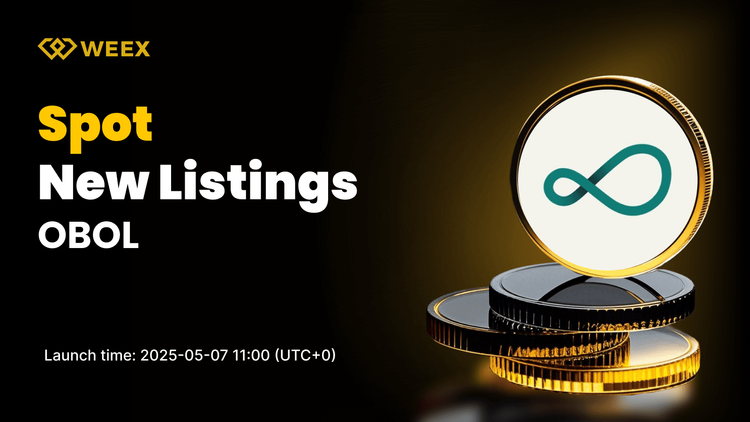
OBOL to Debut on WEEX Spot Market with OBOL USDT Trading Pair
WEEX is set to introduce Obol (OBOL) to its Spot Market, featuring the OBOL USDT trading pair. This addition offers traders the opportunity to engage with OBOL, a token dedicated to decentralizing Ethereum’s validator infrastructure.
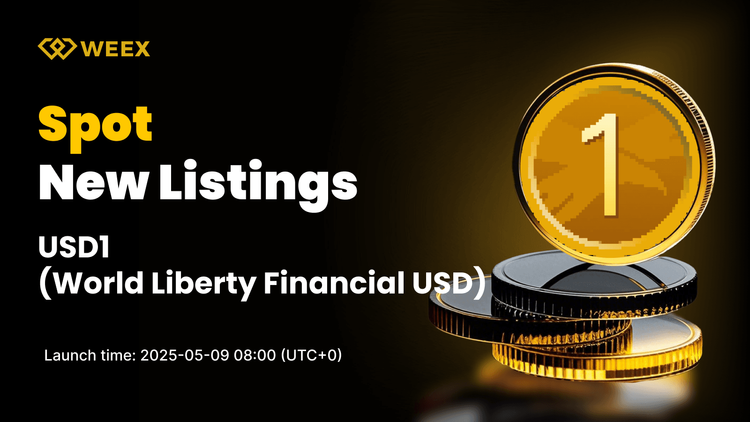
World Liberty Financial USD (USD1) Debuts on WEEX with USD1 USDT Trading Pair
WEEX Exchange proudly announces the listing of World Liberty Financial USD (USD1), a stablecoin pegged to the U.S. dollar. The USD1 USDT trading pair will soon be available on WEEX Spot, enabling seamless trading with high liquidity. This article details the listing timeline, token introduction, market analysis, and additional resources for traders.
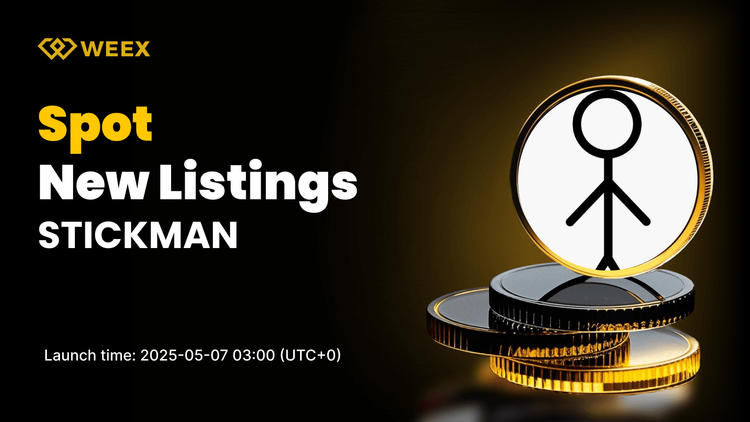
STICKMAN Now Available on WEEX with STICKMAN USDT Trading Pair
We are excited to announce the listing of STICKMAN (STICKMAN) on WEEX. The STICKMAN USDT trading pair is now live, providing users with new opportunities to trade this unique token on our platform.

A New Star of Solana Memecoin: A Comprehensive Introduction to Housecoin
Housecoin (HOUSE) is a fast-rising Solana memecoin that blends satire with explosive growth—soaring over 2286% since April 2025. Built on Solana’s high-speed blockchain, it offers low fees, fast trades, and a strong community of over 19,000 holders. With plans for staking, governance, and new utilities, Housecoin is evolving beyond meme status. Backed by influencer hype and whale interest, it's traded on major DEXs and now available on WEEX. Join the Housecoin movement reshaping meme coin culture in 2025.
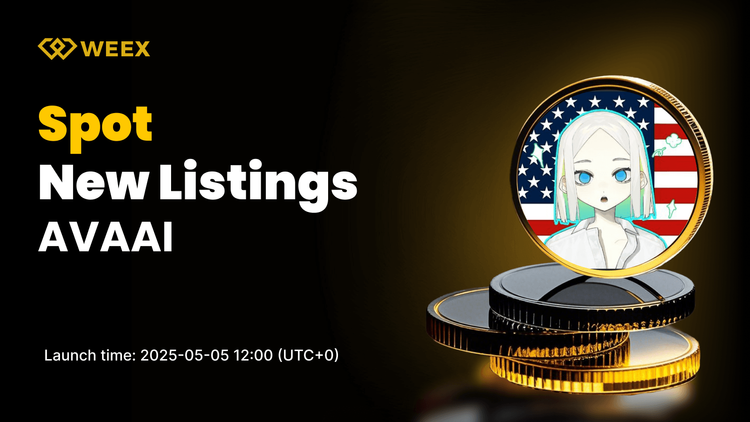
AVA AI (AVAAI) Launches on WEEX with AVAAI USDT Trading Pair Now Available
We are thrilled to announce the listing of AVA AI (AVAAI) on WEEX. The AVAAI USDT trading pair is now live, offering users exciting new opportunities to engage with this innovative token on our platform.

MegaFuckingEuphoriaRetardSender (MFERS) Now Live on WEEX
We are excited to announce the listing of MegaFuckingEuphoriaRetardSender (MFERS) on WEEX. The MFERS USDT trading pair is now available, providing users with new opportunities to trade this innovative token on our platform.
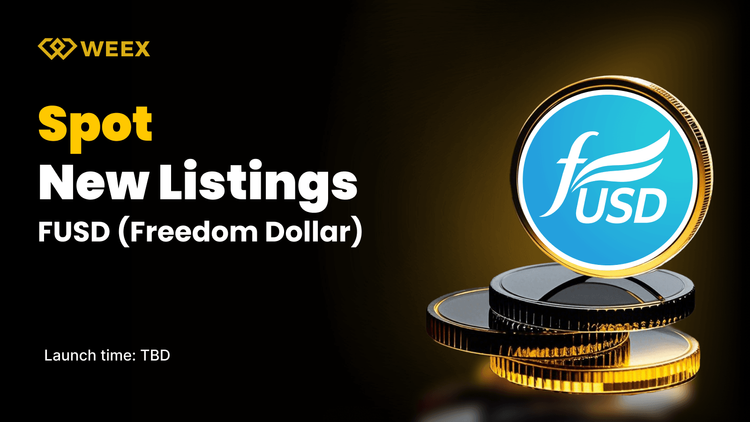
Freedom Dollar (FUSD) Debuts on WEEX Spot
Freedom Dollar (FUSD) has officially launched on WEEX, with trading for the FUSD USDT pair now available. This listing provides users access to a decentralized, censorship-resistant stable currency on a global trading platform.
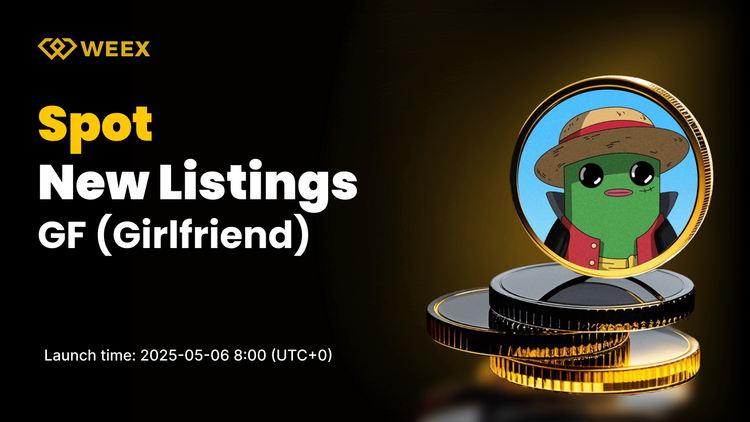
Girlfriend (GF) Goes Live on WEEX Spot – Trade the GF USDT Pair Today
Girlfriend (GF) has officially landed on WEEX, and trading for the GF USDT pair is now available. Don’t miss your chance to explore this trending meme token that’s generating buzz across the crypto community.
Gainers
Customer Support:@weikecs
Business Cooperation:@weikecs
Quant Trading & MM:bd@weex.com
VIP Services:support@weex.com
